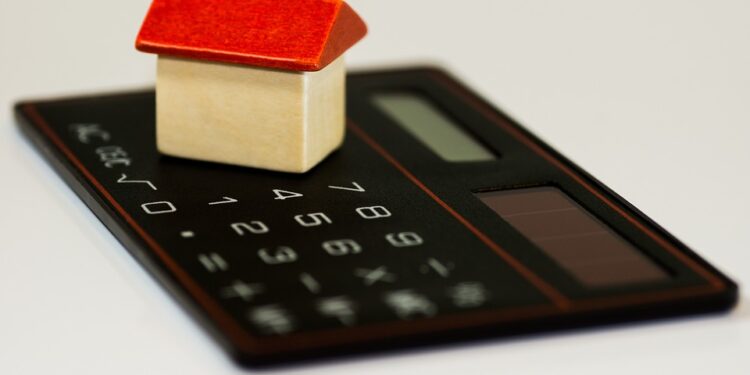The Road to Financial Freedom: Achieving Your Budgeting Goals
Financial freedom is a goal that many people aspire to achieve. It involves having enough money to cover your expenses, save for the future, and enjoy a comfortable lifestyle without worrying about debt or financial stress. One key component of achieving financial freedom is effective budgeting. By creating a budget and sticking to it, you can take control of your finances and work towards your financial goals. In this article, we will discuss the importance of budgeting, how to create a budget, and tips for staying on track towards financial freedom.
Why Budgeting is Important
Creating a budget is essential for achieving financial freedom because it allows you to track your income and expenses, identify areas where you can save money, and prioritize your financial goals. A budget helps you to live within your means, avoid overspending, and make informed decisions about how to use your money. Without a budget, it is easy to lose track of where your money is going and struggle to make ends meet.
How to Create a Budget
Creating a budget involves several steps. First, you need to calculate your total monthly income, including your salary, bonuses, and any other sources of income. Next, list all of your monthly expenses, including fixed expenses such as rent or mortgage payments, utilities, and insurance, as well as variable expenses such as groceries, entertainment, and dining out. Subtract your expenses from your income to determine how much money you have left over each month.
Once you have calculated your income and expenses, you can start to allocate your money towards your financial goals. It is important to prioritize your goals based on their importance and urgency, such as paying off debt, building an emergency fund, or saving for a major purchase. Allocate a portion of your income towards each goal, and adjust your budget as needed to stay on track.
Tips for Staying on Track
Sticking to a budget can be challenging, but there are several tips that can help you stay on track towards financial freedom. First, track your expenses regularly to ensure that you are staying within your budget. Use a budgeting app or spreadsheet to monitor your spending and identify areas where you can cut back. Second, avoid impulse purchases by creating a shopping list before you go to the store and sticking to it. Consider using cash for discretionary expenses to limit your spending.
Another tip for staying on track is to automate your savings. Set up automatic transfers from your checking account to your savings account each month to ensure that you are consistently saving money towards your goals. Additionally, consider setting aside a portion of your income for unexpected expenses or emergencies. Having an emergency fund can help you avoid going into debt when unexpected expenses arise.
Common Questions About Budgeting
Many people have questions about budgeting and how to achieve financial freedom. Here are some common questions and answers to help you better understand the budgeting process:
What is the 50/30/20 rule?
The 50/30/20 rule is a popular budgeting method that involves allocating 50% of your income towards needs, 30% towards wants, and 20% towards savings and debt repayment. This rule can help you prioritize your spending and ensure that you are saving enough money towards your financial goals.
How can I reduce my expenses?
There are several ways to reduce your expenses and save money. Consider cutting back on non-essential expenses such as dining out, shopping, or entertainment. Look for ways to lower your fixed expenses, such as negotiating lower rates on your utilities or insurance. Additionally, consider switching to a cheaper cell phone plan or canceling subscriptions that you no longer use.
What should I do if I overspend?
If you overspend in a particular month, don’t panic. Review your budget and identify areas where you can cut back to make up for the overspending. Consider delaying non-essential purchases or finding ways to increase your income, such as selling items you no longer need or taking on a side hustle. The key is to learn from your mistakes and make adjustments to your budget to prevent overspending in the future.
Conclusion
Creating a budget is a crucial step towards achieving financial freedom. By tracking your income and expenses, prioritizing your financial goals, and staying on track with your budget, you can take control of your finances and work towards a secure financial future. Remember to regularly review and adjust your budget as needed to ensure that you are making progress towards your goals. With dedication and discipline, you can achieve financial freedom and enjoy a comfortable lifestyle free from financial stress.


























































